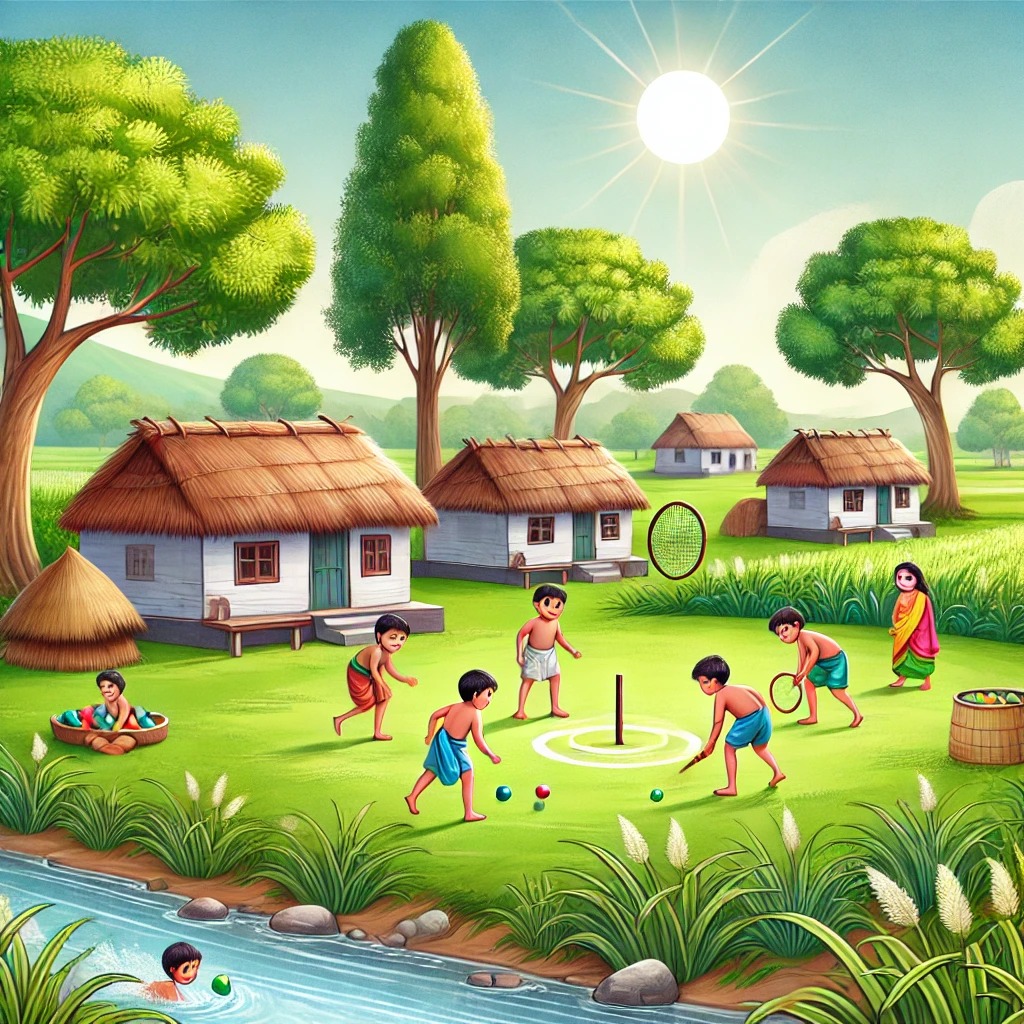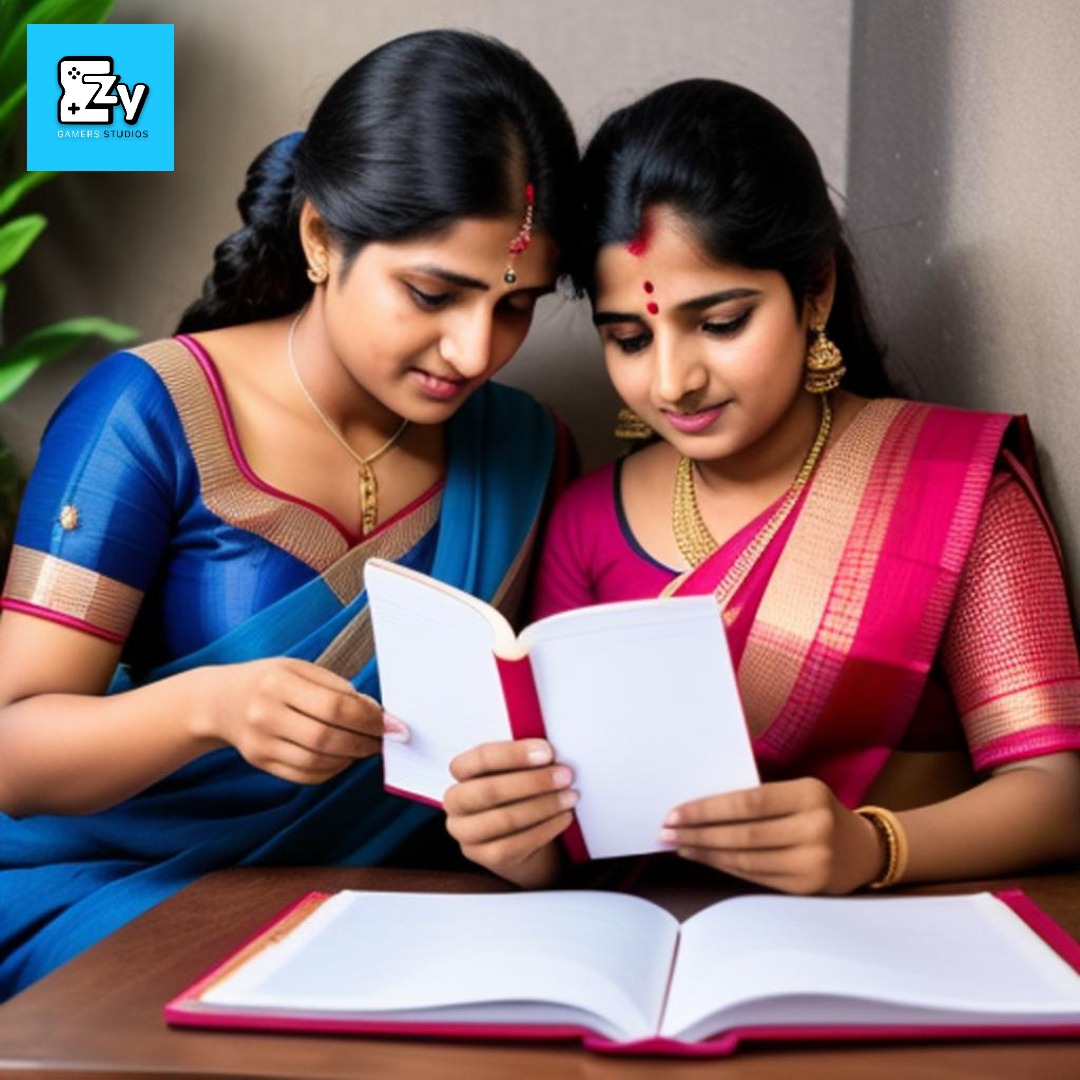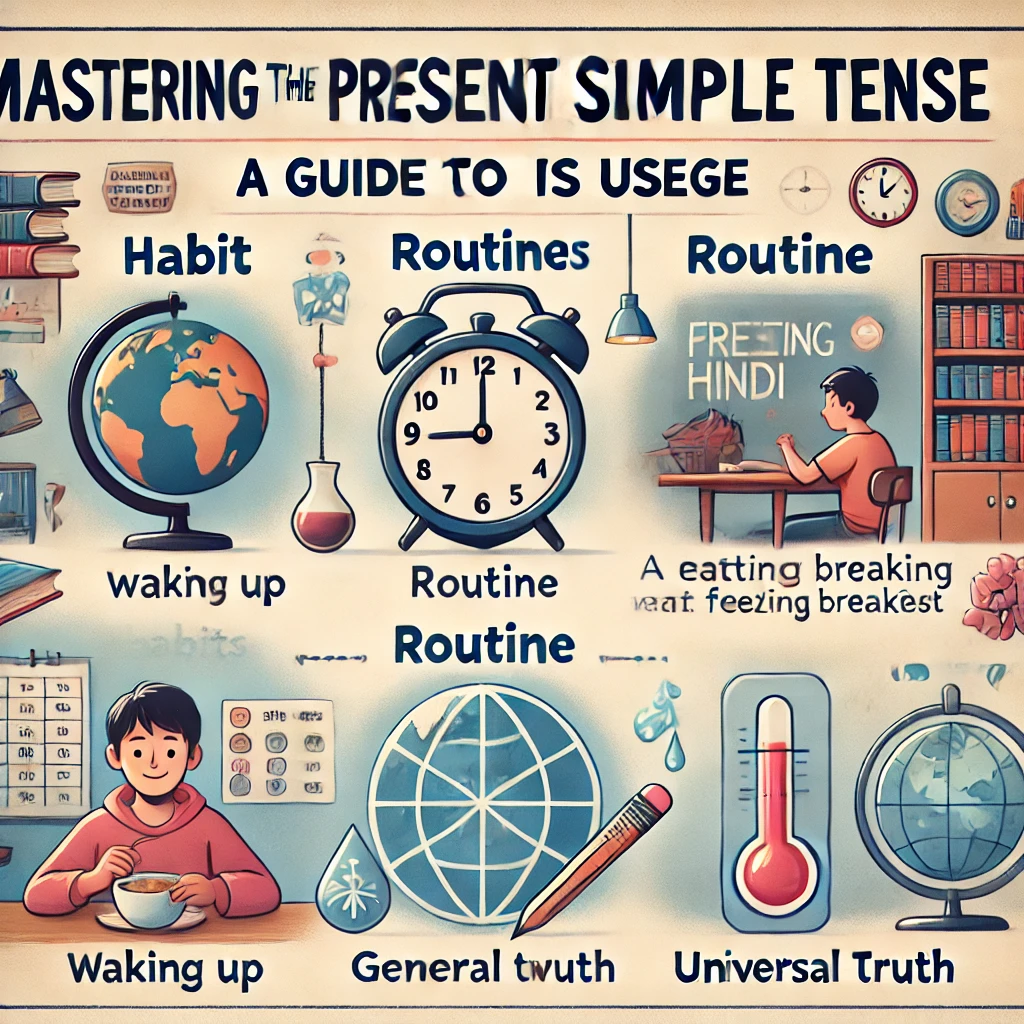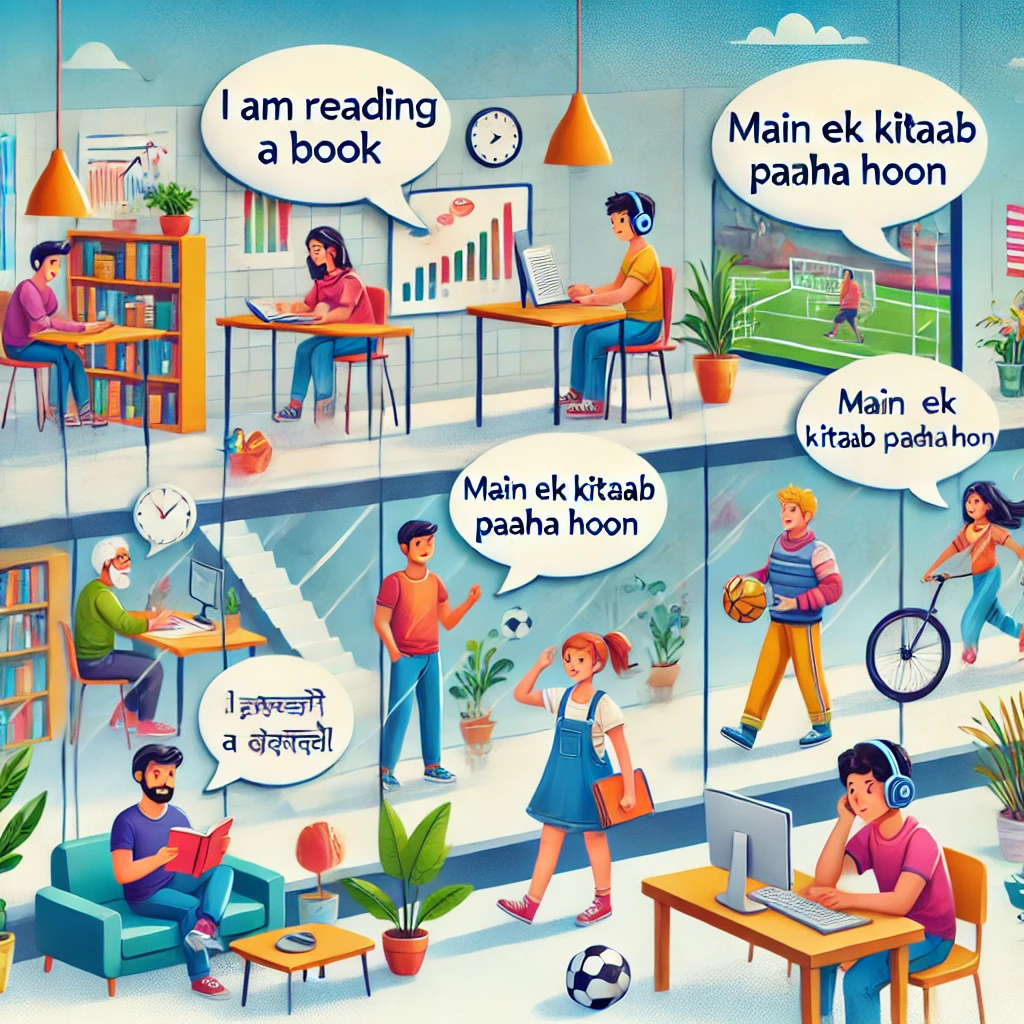Hindi Explanation:
अकादमिक सेटिंग्स में पास्ट परफेक्ट टेंस का महत्व बहुत ज़्यादा है। यह टेंस हमें दो या दो से ज़्यादा बीते हुए घटनाओं के बीच के संबंध को स्पष्ट करने में मदद करता है। जब हम किसी घटना के बारे में बात कर रहे होते हैं जो दूसरी घटना से पहले घटित हुई थी, तो पास्ट परफेक्ट टेंस उस पहले वाली घटना को दर्शाता है। यह एक रिपोर्ट, निबंध या प्रेजेंटेशन में घटनाओं के क्रम को स्पष्ट करने और सही तार्किक संरचना बनाने में बहुत कारगर साबित होता है। इसके इस्तेमाल से लेखन और बोलने में स्पष्टता और सटीकता आती है, जिससे आपके अकादमिक काम की गुणवत्ता में सुधार होता है। छात्रों को पास्ट परफेक्ट टेंस का सही इस्तेमाल करना अकादमिक सफलता के लिए बेहद जरूरी है क्योंकि यह उनके विचारों को सुस्पष्ट और प्रभावी ढंग से प्रस्तुत करने में मदद करता है। यह केवल व्याकरण का एक नियम नहीं, बल्कि अकादमिक लेखन और शोध का एक महत्वपूर्ण अंग है।
English Explanation:
The Past Perfect tense holds significant importance in academic settings. It's crucial for clearly showing the relationship between two or more past events. When discussing an event that happened before another past event, the Past Perfect tense highlights the earlier action. This is vital for establishing chronological order and logical structure in reports, essays, and presentations. Its accurate use enhances clarity and precision, ultimately improving the quality of academic work. Mastery of the Past Perfect is essential for academic success as it enables students to present their ideas succinctly and effectively. It's not merely a grammatical rule but a cornerstone of effective academic writing and research. Failing to use it correctly can lead to ambiguity and confusion, hindering the overall impact of the academic work. In 2024, with the increased emphasis on clear and concise communication, the Past Perfect's role remains paramount.
| English | Hindi | Roman Hindi |
|---|---|---|
| He had finished his work before he went home. | उसने घर जाने से पहले अपना काम खत्म कर लिया था। | Usne ghar jaane se pahle apna kaam khatm kar liya tha. |
| I had eaten before you arrived. | तुम आने से पहले मैं खा चुका था। | Tum aane se pahle main kha chuka tha. |
| She had studied all night for the exam. | उसने परीक्षा के लिए पूरी रात पढ़ाई की थी। | Usne pareeksha ke liye puri raat padhai ki thi. |
| They had left before the rain started. | बारिश शुरू होने से पहले वे चले गए थे। | Barish shuru hone se pahle ve chale gaye the. |
| We had already seen the movie. | हम पहले ही फिल्म देख चुके थे। | Ham pahle hi film dekh chuke the. |
| The bird had flown away. | पक्षी उड़ गया था। | Pakshi ud gaya tha. |
| He had never visited India before. | वह पहले कभी भारत नहीं गया था। | Wah pahle kabhi Bharat nahin gaya tha. |
| She had been waiting for hours. | वह घंटों से इंतजार कर रही थी। | Wah ghanton se intezaar kar rahi thi. |
| They had completed the project on time. | उन्होंने समय पर परियोजना पूरी कर ली थी। | Unhone samay par pariyojana puri kar li thi. |
| I had known him for many years. | मैं उसे कई सालों से जानता था। | Main use kai saalon se jaanta tha. |





